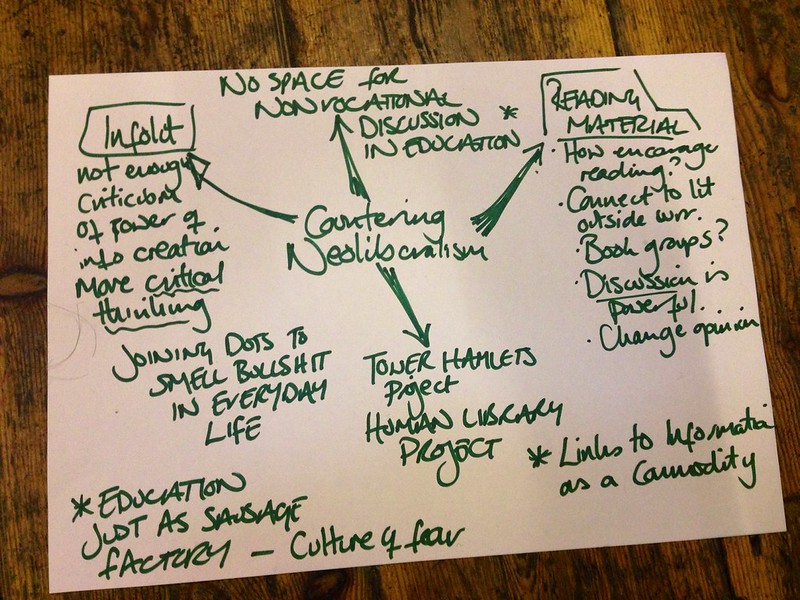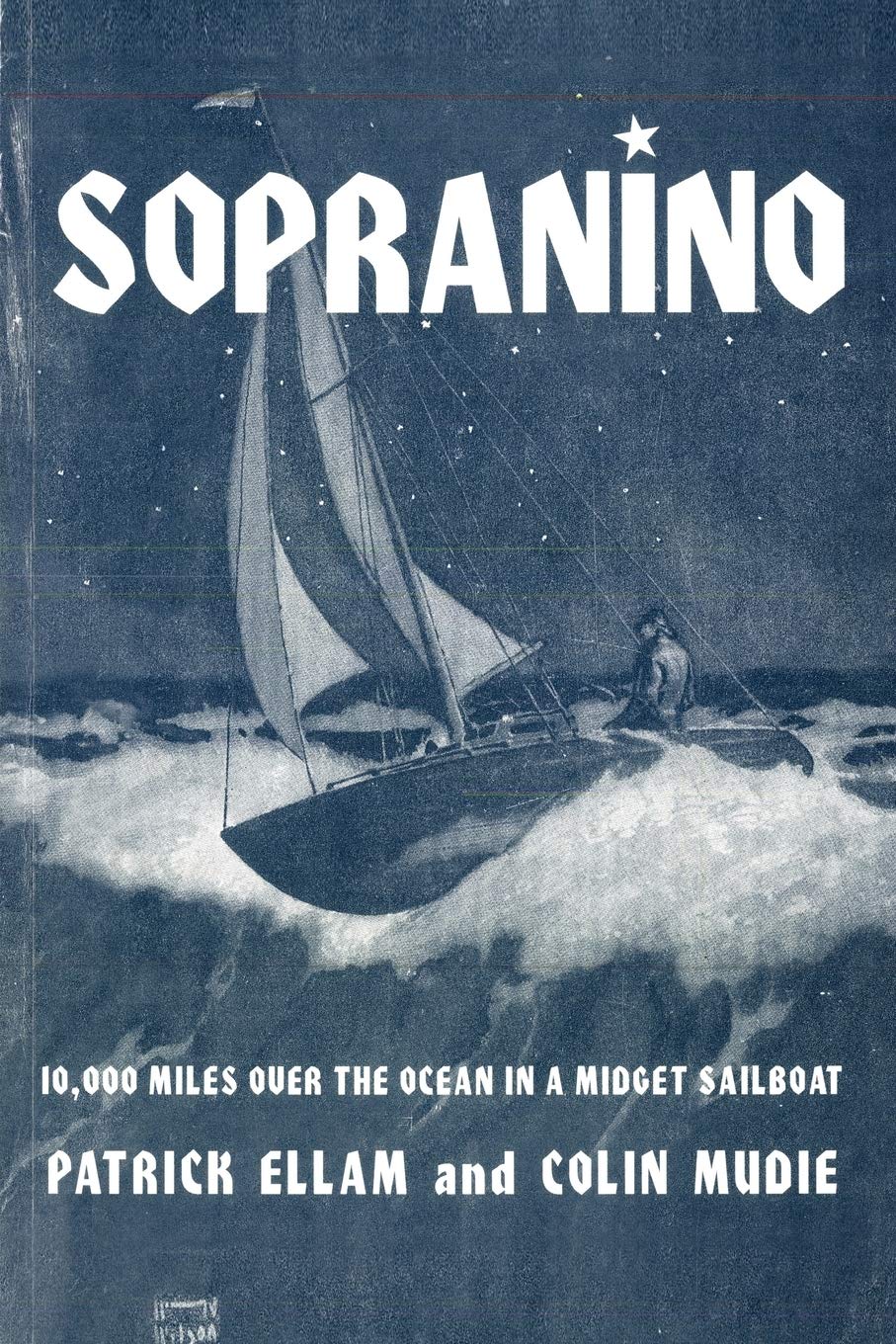 Take off your Left/Right/Center political caps, for a moment. Let’s see what “neoliberal” means and when it appeared. It proves a term bigger than politics, if equally disturbing.
Take off your Left/Right/Center political caps, for a moment. Let’s see what “neoliberal” means and when it appeared. It proves a term bigger than politics, if equally disturbing.
This is (to me) a new word, noted by the OED for its first use in 1898. I find the history of how the term got used, and changed over time, fascinating.
Broadly speaking neoliberalism means “various modified or revived forms of traditional liberalism, typically based on belief in free market capitalism and the rights of the individual.”
In my field of writing studies, however, our word has enjoyed much recent usage, to describe how American colleges and universities appear to be more driven today than ever by market pressures. In the crush, the pursuit of knowledge gets put into a distant second place, if that. Students become consumers and what we produce? A commodity. See our image above, courtesy of IJClark at Flickr.
Over the years I’ve heard Bill Clinton described as the first modern neoliberal Progressive, and my favorite print publication, Atlantic Monthly, gets derided as neoliberal. It seems that our word only gets employed, by academics anyhow, in a pejorative sense. Neoliberals get accused of favoring deregulation, weakening unions, harming the environment. I still find the word slippery, used in a haphazard fashion, as do the terms “technocratic” and “neoconservative,” both of which I should explore later.
I’d suggest that students use it carefully to describe a proponent of free markets, de-regulation, and individual rights, with neoliberalism employed as the philosophy.
But the term defies our current (and reductive, even silly) descriptors of conservative and liberal in US life.
Do you have a word or metaphor for this blog? Send them to me by e-mail (jessid -at- richmond -dot- edu) or leaving a comment below.
See all of our Metaphors of the Month here and Words of the Week here.

